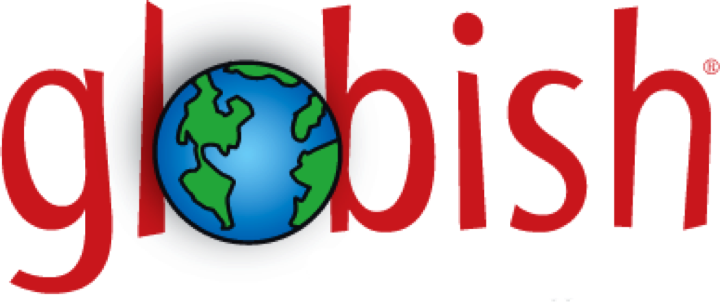Globish the World Over - in Globish
Chapter 16: 1500 Basic Words
Before the English teachers all ask one question, let us answer it
There is no evidence that having 1500 words is ideal, except for one thing: It’s easier to learn 1500 words than 1800 or 2000 words. And with fewer than 1000 words you won’t have some very common words when you need them. Also, you can learn spelling and pronunciation of each individual word. That way you won’t have to worry about a lot of spelling and pronunciation rules. (You probably already know that English doesn’t do well with its spelling and pronunciation rules.)
These 1,500 words come from several lists of most-commonly used English words. It is very much like the 1500 words used by Voice of America, but it has fewer political words. It is very much like basic Technical English used in international training books but without all of words for measurements. In fact, there are many lists of the "most common" 1500 words, and they all vary a lot in the last 200 words, depending on who is selecting. So this is ours.
When you learn a Globish word, you will not need to learn spelling rules or pronunciation rules. You will need to think of only that word. You should learn its individual pronunciation and how its individual spelling looks to you.
If you attempt to sound out every word from the English spelling you will be sorry. English writing has a very loose relationship with its sounds. But please…you must do everything to learn the stressed syllables in the Globish words. If you will say that stressed syllable in a heavy tone, most people can understand the rest.
One key sound that is more important to Globish – and English – than any other is the “schwa” sound. The schwa is almost not a sound. It usually “fills in” in words of more than one syllable, as a way of moving quickly over unstressed syllables. The schwa also makes trying to spell using sound very difficult. Here are some examples of Globish– and English words that use the schwa and the letters that sound exactly the same when you say them:
i as in pencil, dismiss, crisis, fertile
io as in champion, question, version,
ie as in patient
ia as in parliament, civilian, special
au as in authority
e as in taken, under, system
u as in measure, picture
ou as in famous,
iou as in vicious, serious
ei as in foreign
aas in above, neutral
as in purpose, mayor, button
aias in certain
uaas in usual
All of these letters and letter-combinations will sound the same when an English speaker or a good Globish speaker says them. Using the schwa on the unstressed syllable is the most important thing about Globish (or English) pronunciation – and spelling – that you can know, because it makes everything else so much easier.

